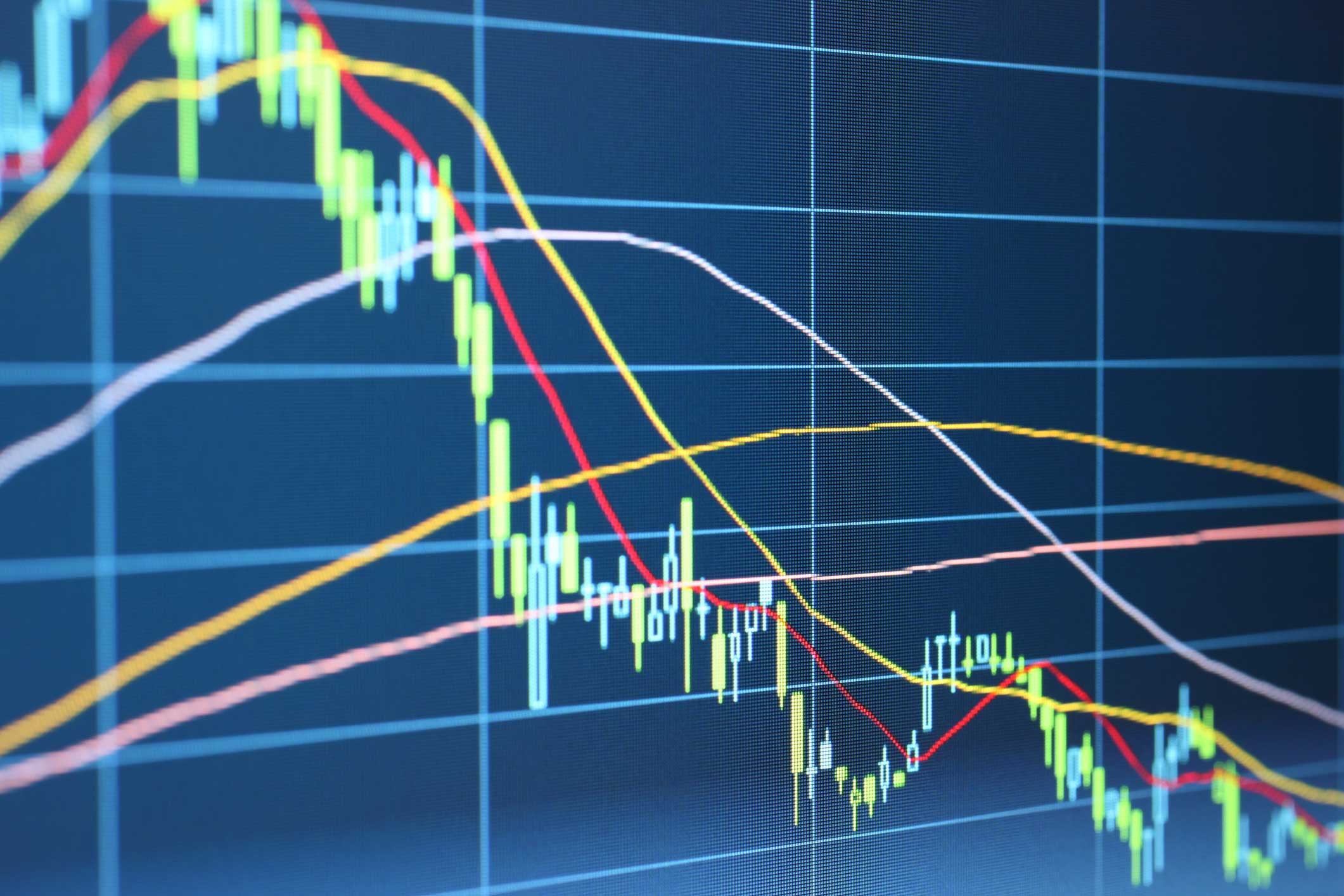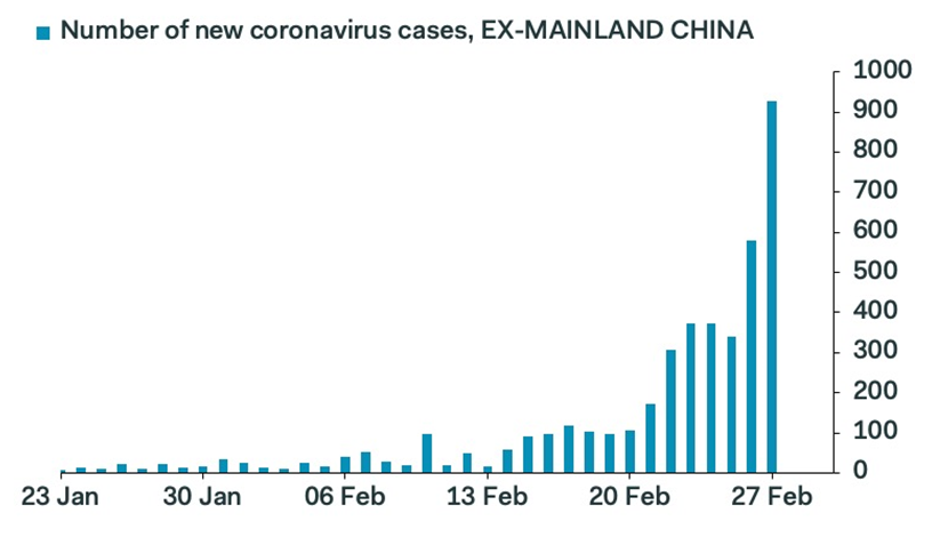Coronavirus fears trigger the worst week for global stock markets since 2008 crisis
While the market appears to be in state of panic, smaller retail investors generally appear to have cont…
28th February 2020 13:36
by Tom Bailey from interactive investor
While the market appears to be in state of panic, smaller retail investors generally appear to have continued to buy

Global stock markets have seen their worst week since the 2008 global financial crisis, as fears about the spread of coronavirus strengthen.
Thursday (27 February) saw heavy selling in the US, with all major US indices closing multiple percentage points down. The S&P 500 closed 4.4% down, continuing a six-day losing streak.
That leaves the index around 12% down from its previous high, meaning it is firmly in “correction territory” (defined as a 10% fall from a previous high).
Futures markets, at the time of writing, suggest the US is due for further falls once the market opens.
The UK also continued to suffer large falls. At the time of writing, the FTSE 100 was down over 3.8% on the day, having been down almost 4.5% at one point during the morning’s trading. The blue-chip index has lost more than 10% over the week.
The more domestically focused FTSE 250 also shed 3.8%, meaning it is now down over 13% since the start of the week.
Asian markets also suffered heavy losses, with Japan’s Nikkei 225 down almost 3.7%, Hong Kong’s Hang Seng Index 2.4% and the Shanghai Composite Index 3.7%.
Predictably, investors have rushed to safe-haven assets, such as government bonds. US 10-year bonds are now yielding at just 1.2%. UK 10-year bonds, or gilts, have also rallied, with yields now sitting at just 0.4%.
The fears are primarily based on the rapid rise of new cases outside China. While the number of cases within China has stabilised, there is now an acceleration of cases globally. Yesterday (27 February) saw global cases rise by 1,359, an increase from the 911 daily average over the previous five days.
Of those 1,359 cases, 433 were within China, suggesting a stabilisation of new cases within China. However, non-China cases rose by 926, suggesting significant acceleration. As Pantheon Macroeconomics notes: “In one line: New cases outside China [are] accelerating rapidly.”

However, while the market appears to be in state of panic, smaller retail investors generally appear to have continued to buy.
As Eric Balchunas, an ETF analyst at Bloomberg has pointed out, the Vanguard 500 Index fund has taken in more than $1billion over the past couple of days, while Vanguard as a whole took in over $3 billion. He notes: “Even by Vanguard standards that's some impressive, Navy Seals-level discipline.”
Much of those inflows likely came from those with regular investor plans, which automatically buy at set intervals. However, the past decade has seen the growth of the “buy the dip” mantra. Broadly, this has worked.
Those bravely buying into the market sell-offs of the 2010s, such as the eurozone debt crisis, China’s currency devaluation in 2015/16 or the various falls in 2018, were well rewarded. In each incident, global markets staged a quick and sharp V-shaped recovery.
However, whether markets will see a similar sharp rebound in this case is not certain. According to Helal Miah, investment research analyst at The Share Centre: “We take the view that “this sell-off is different” and the incessant downward spiral of the market is more reminiscent of the financial crisis than any other bouts of turbulence we’ve had in the remarkable uptrend over the last 10 years.”
Miah continues: “A recovery will come, but it may not necessarily be V-shaped, but more likely a U shape, since the virus in the West is still spreading and we do not know the full economic fallout.”
Paul Donovan, chief economist at UBS Global Wealth Management, says that while the spread of the virus will likely have real impact on the global economy, it should be kept in mind that conditions will eventually improve.
He says: “It is worth remembering that forecasters nearly always underestimate human resilience, and thus economic recovery from big shocks. The initial damage is correctly assessed, but the bounce back tends to come earlier and stronger than consensus expects.”
First published by our sister publication Money Observer.
This article was originally published in our sister magazine Moneywise, which ceased publication in August 2020.
These articles are provided for information purposes only. Occasionally, an opinion about whether to buy or sell a specific investment may be provided by third parties. The content is not intended to be a personal recommendation to buy or sell any financial instrument or product, or to adopt any investment strategy as it is not provided based on an assessment of your investing knowledge and experience, your financial situation or your investment objectives. The value of your investments, and the income derived from them, may go down as well as up. You may not get back all the money that you invest. The investments referred to in this article may not be suitable for all investors, and if in doubt, an investor should seek advice from a qualified investment adviser.
Full performance can be found on the company or index summary page on the interactive investor website. Simply click on the company's or index name highlighted in the article.